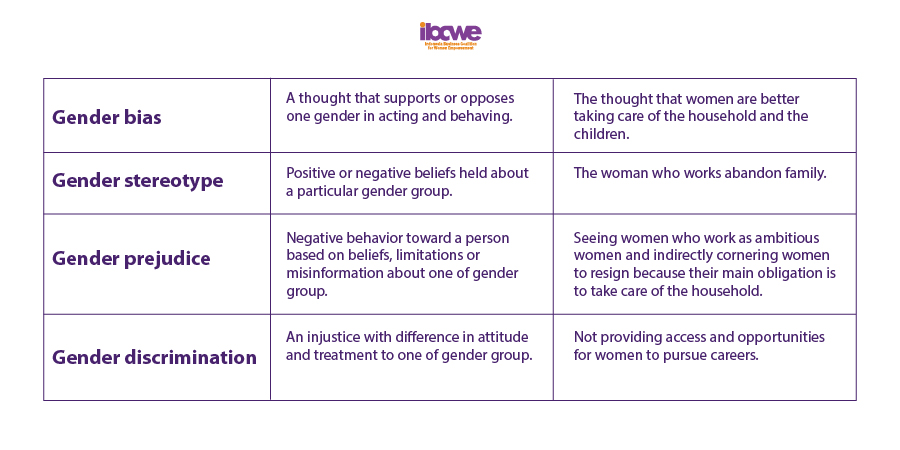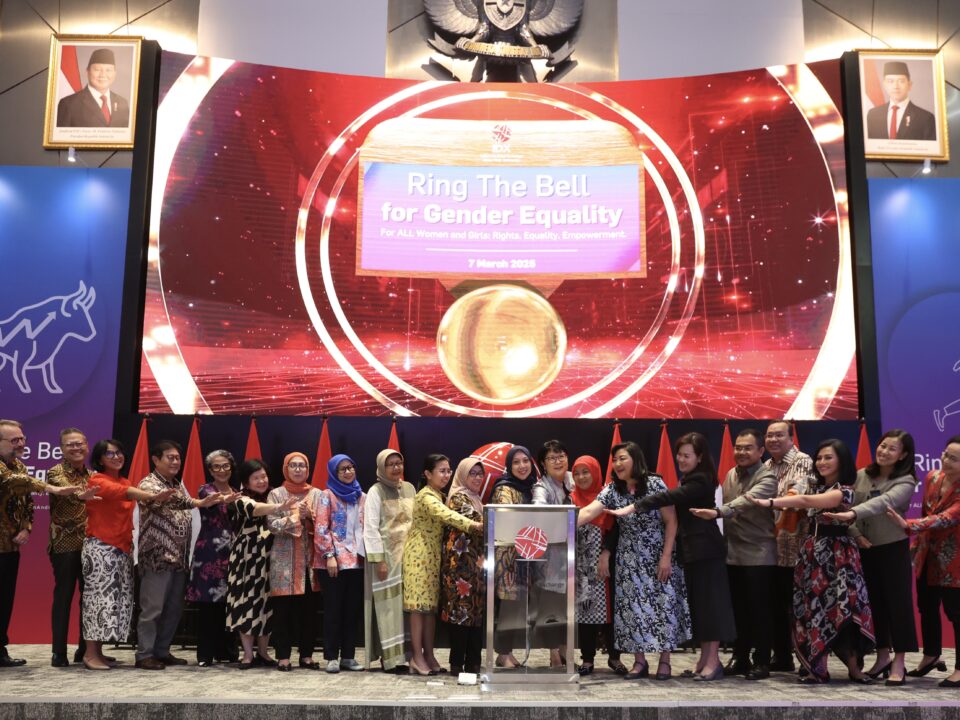
Tokyo 2020 Olympics, Has It Really Achieved Gender Equality?
December 24, 2023
What is the Likeability Gap? What Are The Implications For Women Employees?
December 24, 2023What are the most common gender biases in your community? Is it color choice, toy selection, attitude and characteristic grouping, division of domestic tasks, access to education, or occupational preferences?
Gender bias is a thought that supports or opposes one gender in acting and behaving.
Why should we care about gender bias? Because if this bias continues to grow, then it is possible to discriminate against one gender which has a detrimental impact on both genders.

The disadvantages of gender bias can be in the form of high levels of sexual harassment and violence in both the domestic and public spheres, the fulfillment of the family and state economy is not optimal, and the burden for women and men to meet standards due to gender bias in the social and workplace environment causing mental health they are disturbed.
Consciously or unconsciously, we often do gender bias in our daily life. Maybe while we are chatting, watching, or doing work.
In America, 37 percent of 1500 respondents said their work environment contributed to their mental health and 61 percent said their mental health affected their productivity. Meanwhile in Indonesia, 3.14 percent of the female population suffers from depression compared to 2.73 percent of men.
Let’s learn to reduce gender bias starting from ourselves and the environment around us!
A complete discussion of gender bias and its impact on social and work life became one of the training materials from IBCWE entitled Unconscious Gender Bias.
There are 2 (two) levels of Unconscious Gender Bias Training for Organizations and Companies:
Level I
Understand and be aware of gender issues in the social & workplace environment and their impacts.
Changing perceptions about gender, especially about the importance of gender equality in improving employee welfare & organizational performance.
Level II
Understand and be aware of Gender issues in the social & workplace environment and their impacts.
Changing perceptions about gender, especially about the importance of gender equality in improving employee welfare & organizational performance.
Understand how to manage & implement gender-based practices & policies within the organization.
The facilities obtained are facilitators, online training, modules provided after training, Electronic Certificates.
Interested? Contact us for more information to our Partnership Manager, Tedi Subagia, through email [email protected] or message at +62 878-8572-0715
25 August 2021
Tiara Tri Hapsari
Source:
Photo by www.freepik.com
https://www.mindsharepartners.org/mentalhealthatworkreport?lightbox=dataItem-jvn3nck6





